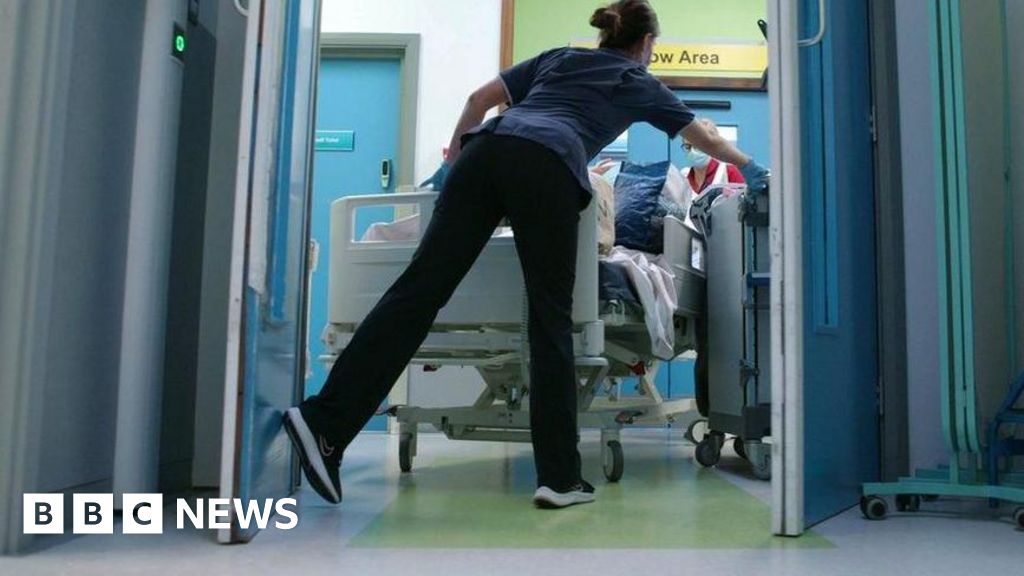Helicobacter pylori bacteria is considered to be the main cause of gastric cancer, with the infection rate particularly high in the Asia-Pacific region. Approximately 90% of cases are linked to H. pylori bacterial infections, but preemptive eradication can reduce the incidence of gastric cancer by 30-40%.
However, the increase in antimicrobial drug-resistant bacteria used in eradication therapy is a major issue. In addition, while secondary prevention through endoscopic examinations is also important for the early detection of gastric cancer, it is not clear to what extent Asia-Pacific practitioners recognize its importance.
An international research group led by Dr. Koji Otani and Professor Yasuhiro Fujiwara of the Osaka Metropolitan University Graduate School of Medicine conducted an online survey of clinicians in the Asia-Pacific region to investigate treatment policies for H. pylori. Based on the responses from each country regarding the methods of diagnosis, antibacterial drug dosages, treatment periods, and the need for secondary prevention, the research team confirmed that there is a growing consensus of the importance of primary and secondary prevention against H. pylori.
“At present, differences in the incidence of antimicrobial resistance and gastric cancer between regions, medical resources, and policies are affecting the formation of uniform standards for gastric cancer prevention,” stated Dr. Otani. “In the future, it will be important to establish treatment guidelines for H. pylori infections that are appropriate for each region, taking into consideration the actual situation of antimicrobial resistance and gastric cancer in each Asian country.”
The findings were published inthe Journal of Gastroenterology and Hepatology.


